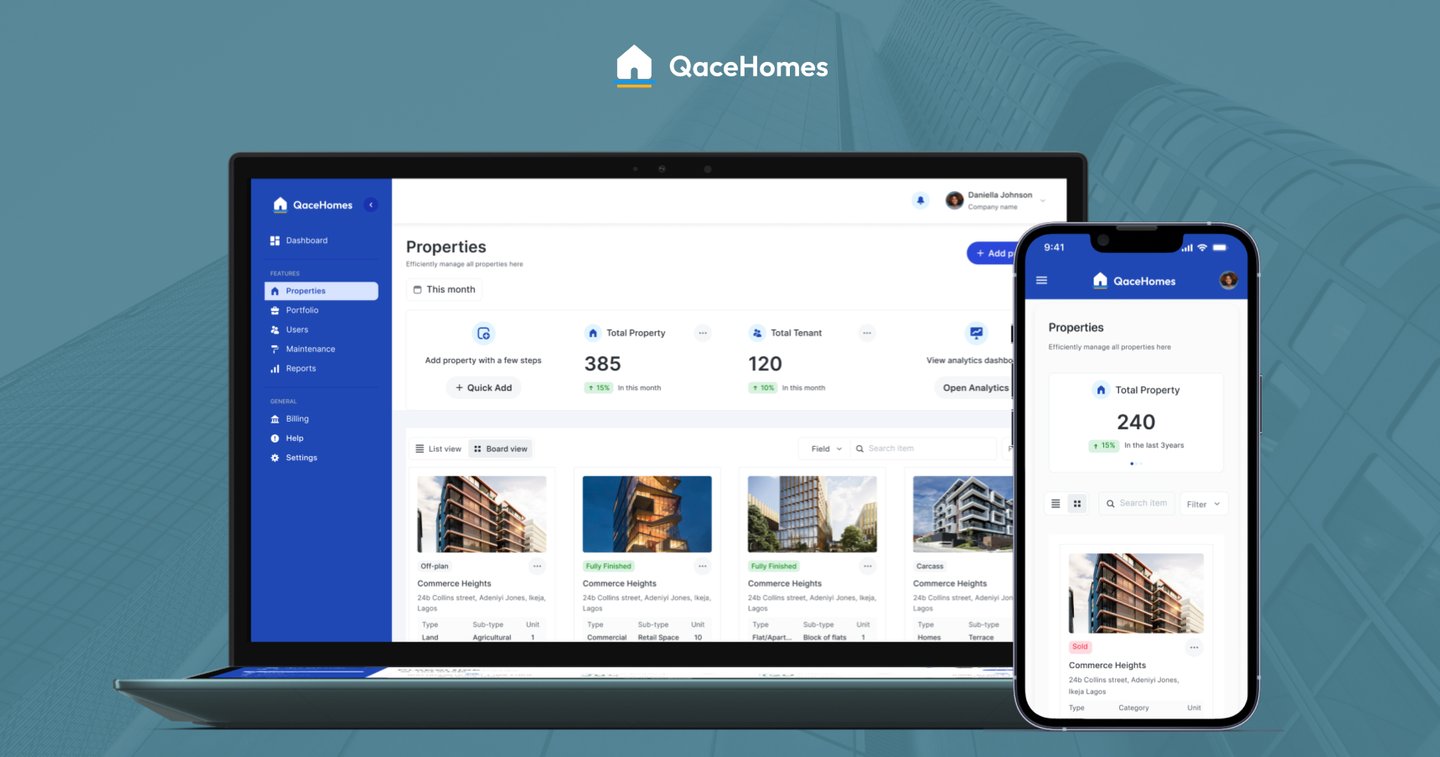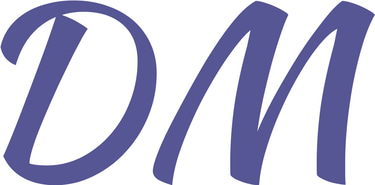QaceHomes - Building a Property Management System for the African Market
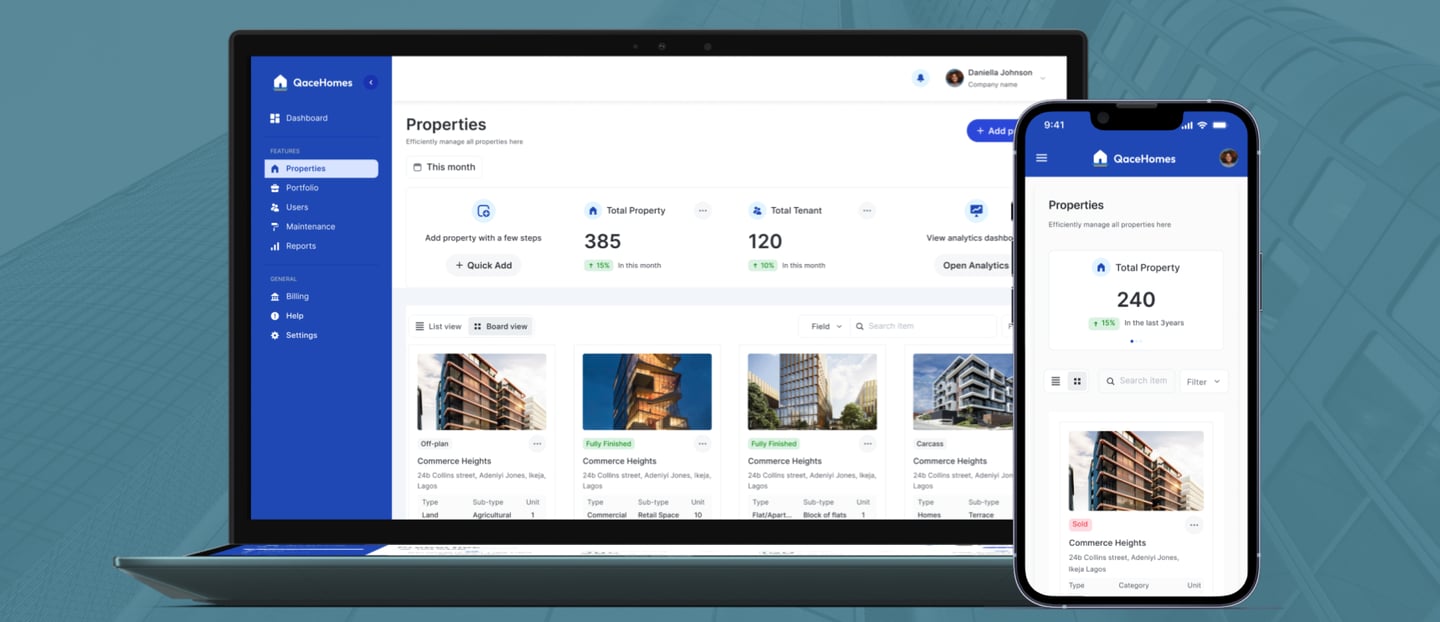

Context
In Nigeria, property management is often fragmented: spreadsheets, WhatsApp messages, bank transfers, and handwritten agreements form a patchwork system that’s inefficient and error-prone. Our goal at QaceHomes was to design a platform that brings structure, automation, and clarity to property management, while still being intuitive enough for users with minimal tech experience.
Founding Product Designer
UX Research & Wireframing
Design System & UI Design
Prototyping & Usability Testing
Product Strategy with CEO & Dev Team
My Role
Industry
PropTech
Platform: Responsive Web App


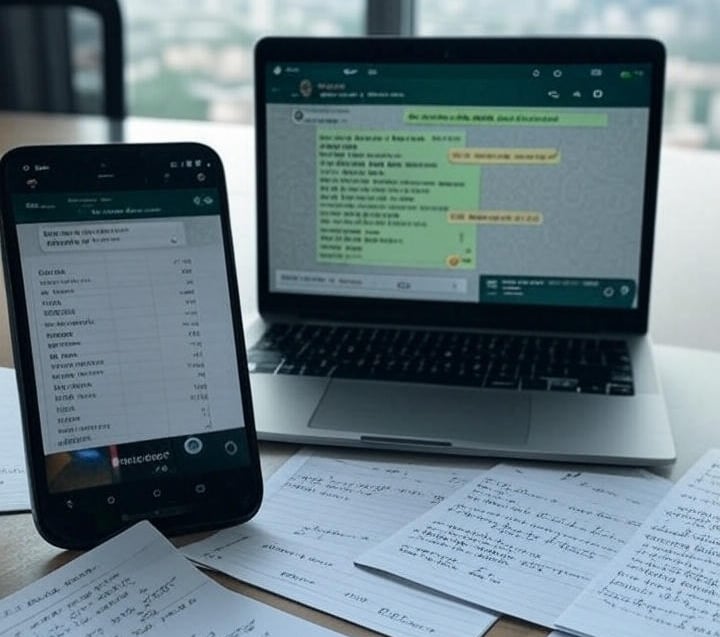

Design Goals
Onboard multiple user types (Property Managers, Landlords, Agents)
Structure unit-level property details and leases
Track tenant states (Pre-check-in, Active, Checked-out)
Automate expense recording (Rent, Utilities, Service Charges)
Enable simple communication via in-app tools and WhatsApp
Allow portfolio sharing via secure view-only links
Design Process
I interviewed 3 property managers, 2 landlords, and 1 rental agent to understand:
Their current tools (mostly spreadsheets & manual logs)
Their top frustrations (disorganized records, poor tenant tracking, no automation)
Their dream tools (automated rent tracking, clear lease records, communication logs)
We also studied platforms like RentRedi, Cozy, and Spleet but realised their UIs were too complex for our local audience. Localisation would be key.
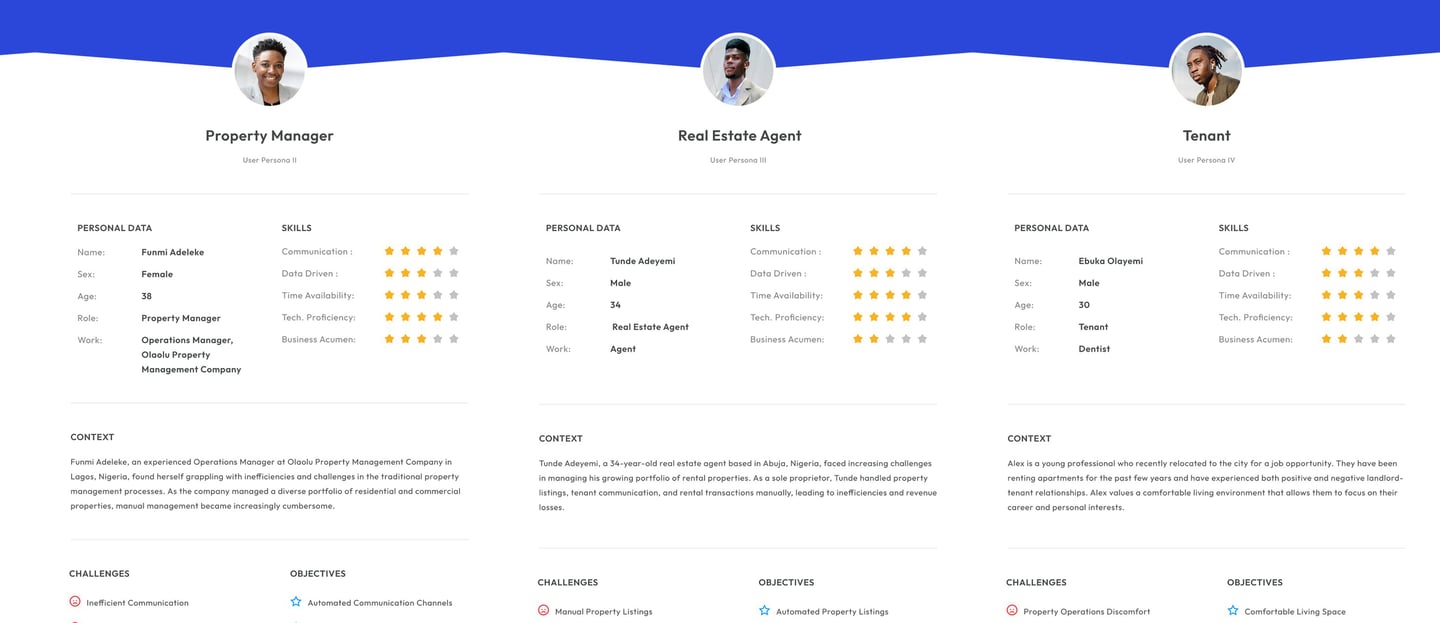

Using insights from interviews, I mapped flows for:
Onboarding by role
Adding a property → adding units → assigning leases
Tenant check-in & check-out
Dynamic expense setup & tracking
Maintenance request submissions
Portfolio view link sharing
Each flow accounted for edge cases specific to Nigerian property management (e.g. shared units, family tenants, service charge disputes).
User flow & Information Architeture
I designed low-fidelity wireframes in Figma to validate structure and data hierarchy, then developed high-fidelity screens with real data for user testing.
Key UI Highlights:
Tenant status tags (Vacant, Rented, Sold, Checked-in, Checked-out)
Expense templates (e.g. Service Charges broken down by category)
Maintenance request system (with pre-filled WhatsApp templates)
Read-only dashboards for tenants and property owners
Wireframing & Prototyping
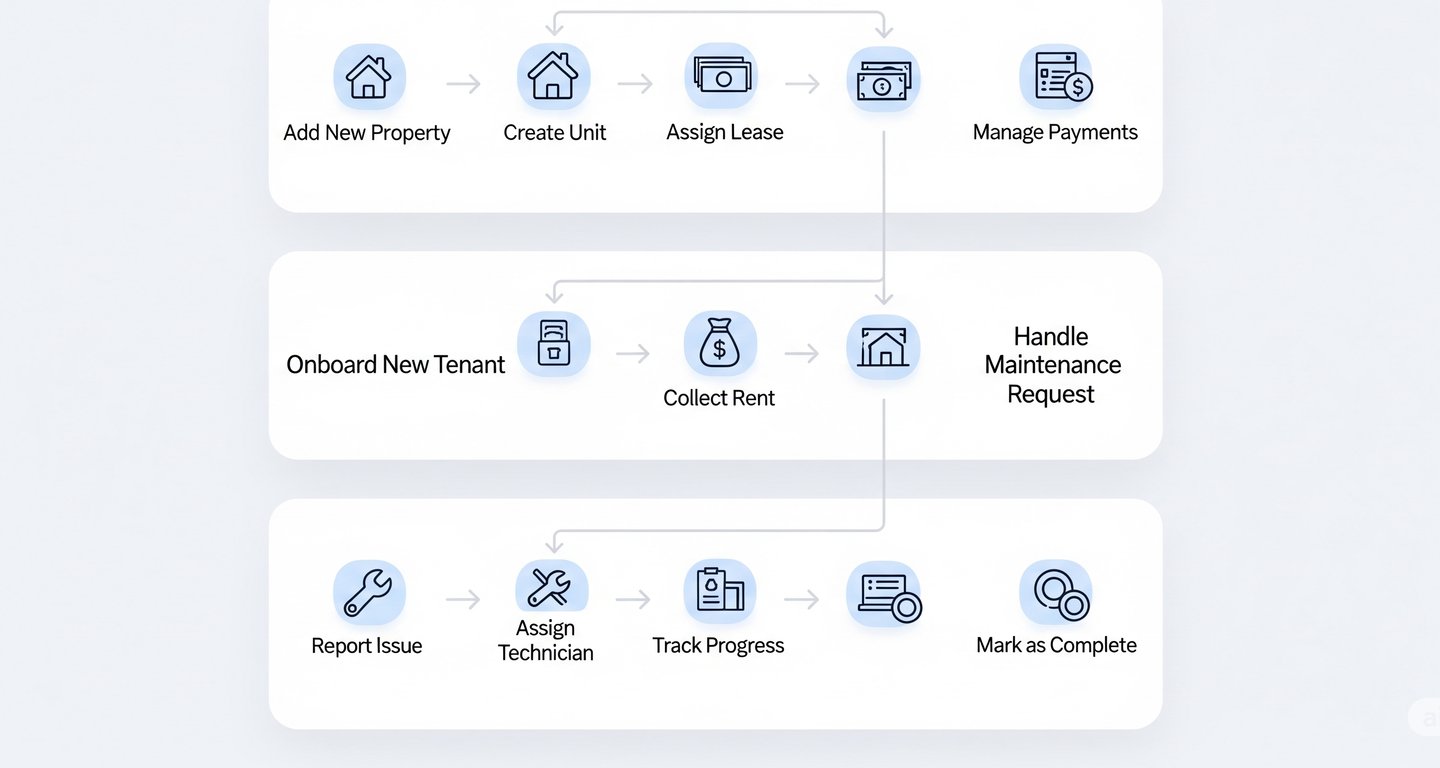

Design System
I created a lightweight design system for consistency:
Typography: Clear, scalable headings and legible body text
Color Palette: Greens, greys, and neutrals from Qace Group’s brand
Component Library: Tags, cards, input groups, dropdowns, navigation tabs
Usability Testing
We tested clickable prototypes with 2 property managers and one landlord. Key takeaways:
Users loved being able to view lease history per unit
Portfolio view links were a huge win for property reporting
Needed clearer icons and less text-heavy dashboards (addressed in next iteration)
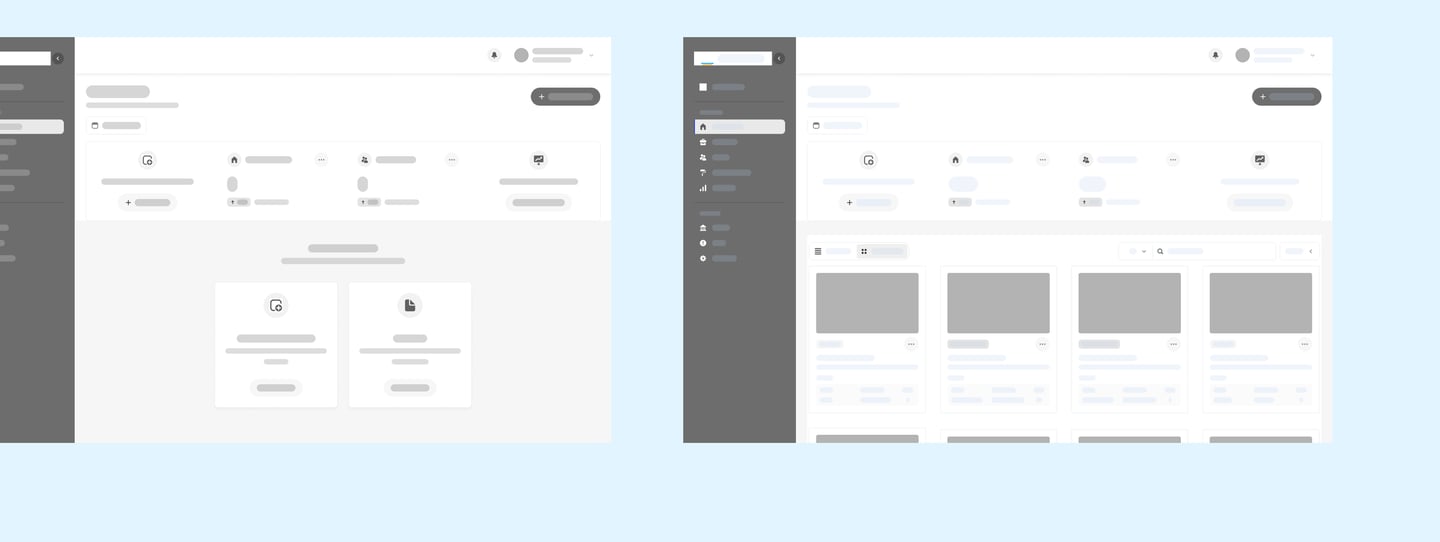

Challenge
Complex lease types across units
Users didn’t understand service charge setup
Non-tech users struggled with filters
Solution
Introduced unit-level lease logic with multi-state tenant tracking
Created preset templates + helper text with real-world examples
Simplified UI with progressive disclosure (hide advanced options by default)
Challenges & Solutions
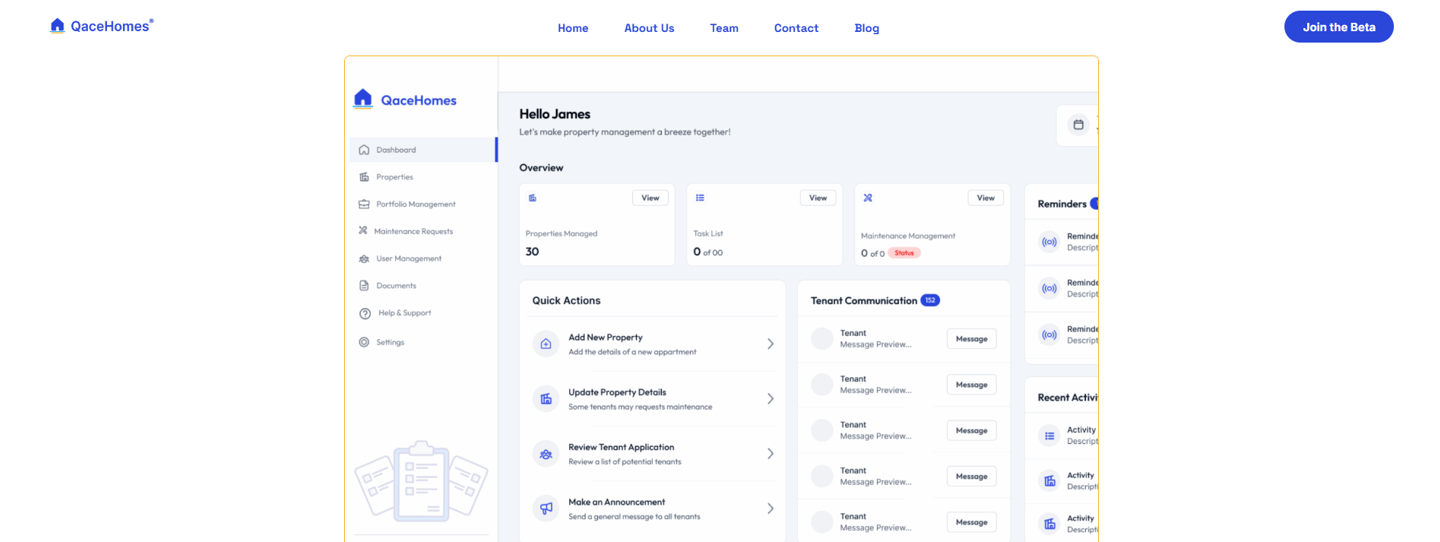

Outcomes
Functional MVP ready for internal testing with early partners
Simplified onboarding flow (under 5 mins for all roles)
More than 80% task completion rate in early user tests
Scalable design foundation for future mobile launch
Reflection
Designing QaceHomes allowed me to combine my background in architecture with my product design experience. I approached every screen with a systems-thinking mindset ensuring usability, hierarchy, and modularity.
This wasn’t just about creating a clean interface. It was about building structure where chaos existed, and creating calm, intelligent tools for property managers who’ve had to “figure it out” for too long.
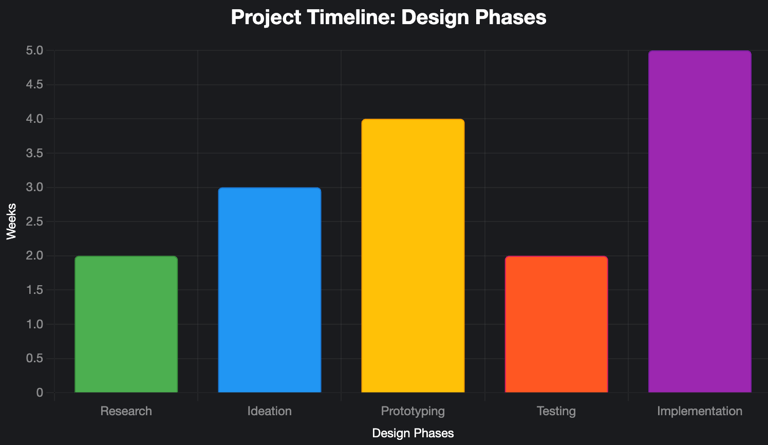

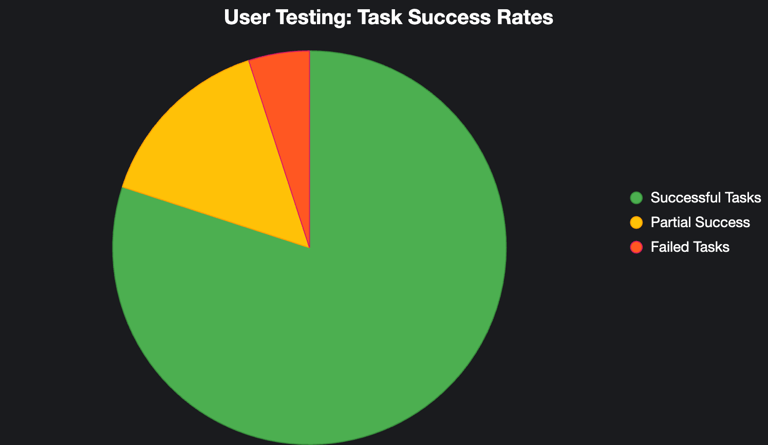

Next Steps
Beta test with 5 selected PMCs
Build mobile-first versions
Add rent collection tracking + payment reminders
Expand to include tenant ratings, documentation upload, and real-time chat
